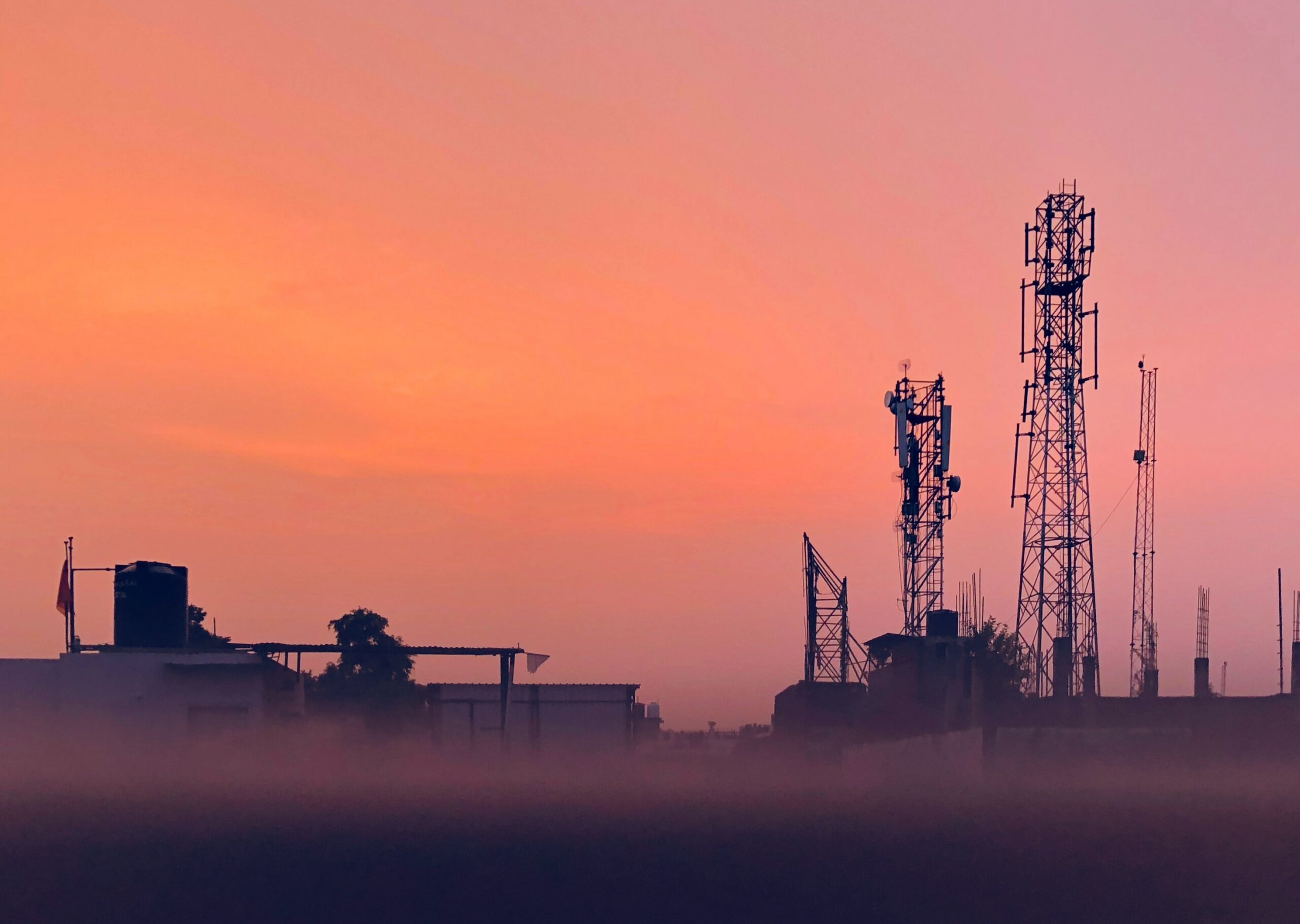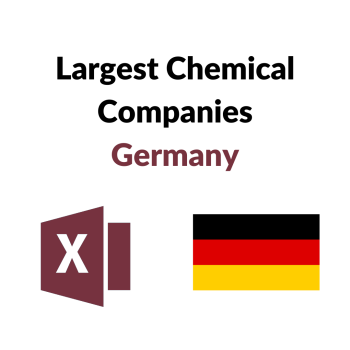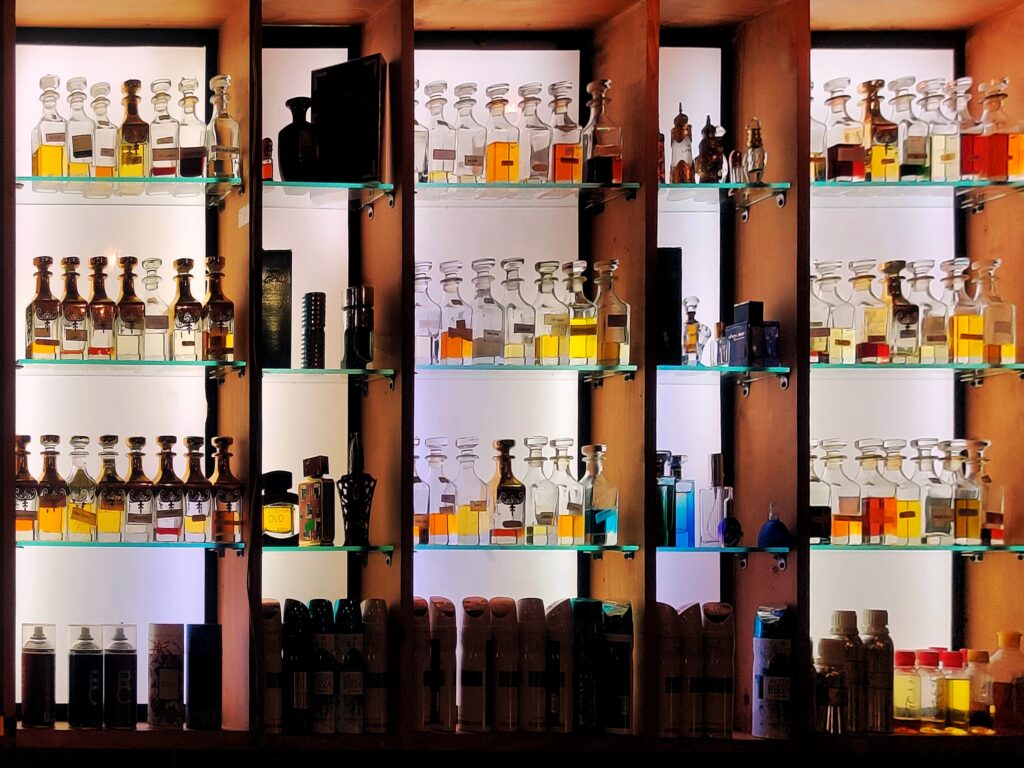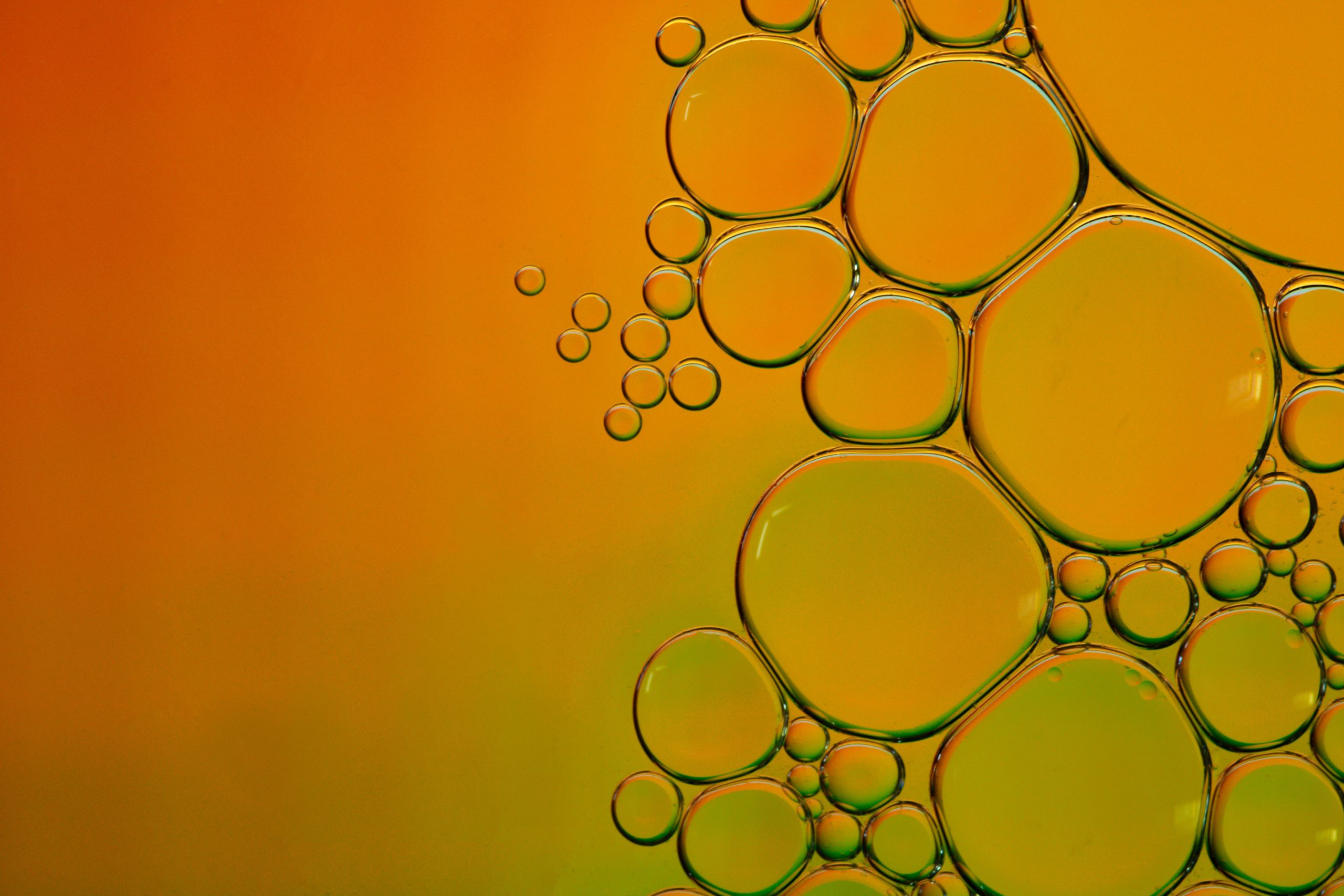Petrochemistry deals with the production of chemical products from natural gas and petroleum fractions. An important role in petrochemistry plays naphtha – crude gasoline – as a basic material. Therefore, many petrochemical plants are located near or in the area of refineries. Derivatives are chemical compounds derived from and similar to basic petrochemical substances. This article is based on the unique Top 600 Chemical Companies Germany – List of the largest chemical companies.
-
Rated 5.00 out of 5€349,99 Incl. VAT
- Excel list of the 600 largest German chemical companies for download
- Including: sales (since 2015), number of employees, e-mail, address, telephone number, management, etc
- Detailed information on industry (specialty chemicals, pharmaceuticals, paints and coatings, construction chemicals, etc.)
- Download valid at any time, free updates within one year after purchase, free preview file available
- Last update: 07.08.2020
Created in the 1940s for synthetic production
The petrochemical industry is relatively young. It developed in the 1940s, when – partly due to the war – the demand for synthetic materials as a substitute for scarce and expensive natural products such as natural rubber grew by leaps and bounds. Petrochemicals often go through several conversion processes before being used in end products. The health, hygiene, housing and food sectors offer thousands of potential applications. But petrochemicals are also essential for fuel production and plastics manufacturing.
Important primary petrochemical products are ethylene, propylene, benzene, butadiene and toluene. In 2019, Germany produced 4.3 million tonnes of ethylene, 3.7 million tonnes of propylene, 1.8 million tonnes of benzene, 734,000 tonnes of butadiene and 688,000 tonnes of toluene. Petrochemical products account for over 90 percent of organic chemical production in this country.
Gelsenkirchen is a center of the German petrochemical industry. Ruhr Oel GmbH, a joint venture between BP and the Russian oil company Rosneft, produces petrochemicals here at the BP Gelsenkirchen refinery. In addition to Gelsenkirchen, other important refinery sites with petrochemical production are: Cologne/Wesseling, Lingen/Ems, Karlsruhe, Leuna, Schwedt an der Oder, Hamburg and several small sites in Bavaria (Ingolstadt, Neustadt, Vohburg, Burghausen). BASF in Ludwigshafen has its own petrochemical division, mainly for internal supply, but also for external customers.
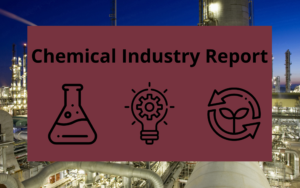 This article is based partly on our list of the 600 largest chemical companies in Germany and partly on our Chemical Industry Report. In our industry report of the German chemical sector you will find detailed information on areas of activity, an overview of the locations and clusters of the chemical industry, key financial figures as well as insights into the gender distribution and sustainability efforts of the industry.
This article is based partly on our list of the 600 largest chemical companies in Germany and partly on our Chemical Industry Report. In our industry report of the German chemical sector you will find detailed information on areas of activity, an overview of the locations and clusters of the chemical industry, key financial figures as well as insights into the gender distribution and sustainability efforts of the industry.
Source: ResearchGermany – Chemistry Market Analyses Image source: Unsplash

